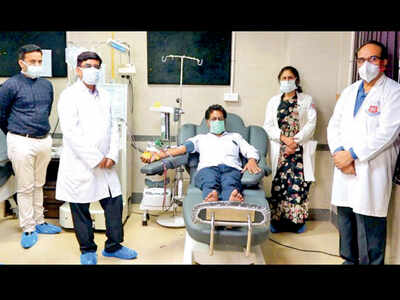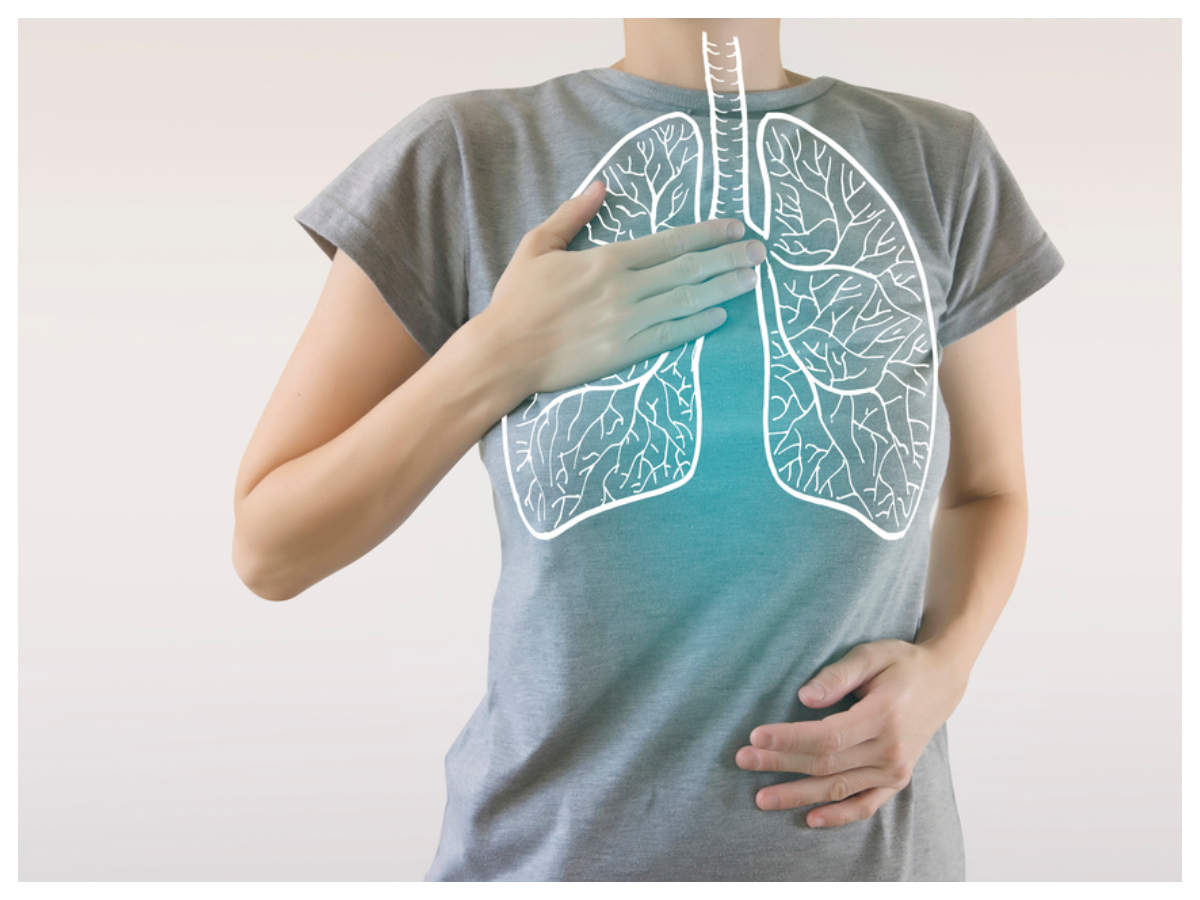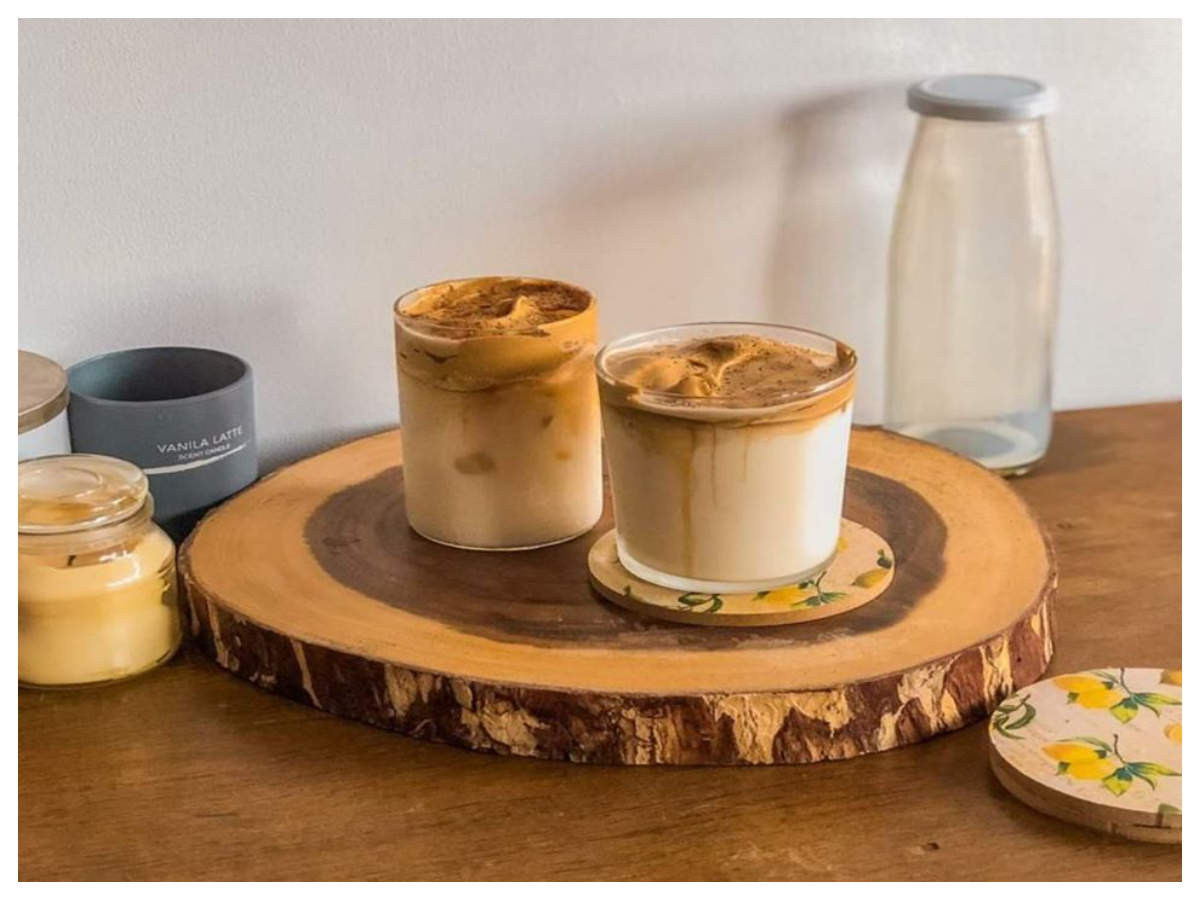
LUCKNOW: Uttar Pradesh joined Delhi to start plasma therapy to treat critical coronavirus patients in the country. King George’s Medical University (KGMU) collected the plasma of two donors on Saturday and became the first medical institute in the state to began the therapy to treat serious patients with matching blood group across the state.
Two corona survivors Dr Tauseef Khan, a resident doctor at KGMU and one Uma Shankar Pandey, a native of Lakhimpur donated their plasma on Saturday.
In this therapy, antibody-rich plasma (a blood component) is taken from donors who have fully recovered from the coronavirus infection to treat critical patients. One donor plasma helps in treating two patients.
“Two corona warriors have recovered fully from the virus and have become an inspiration in KGMU’s fight against coronavirus,” said KGMU vice-chancellor Prof MLB Bhatt.
The university has two more voluntary donors for plasma therapy lined up for Monday. All these patients were treated at KGMU.“Indian Council of Medical Research (ICMR) gave us permission for plasma therapy a few days back and we immediately started counselling patients who had been treated at KGMU to get the donor plasma. The two who donated their plasma on Saturday belong to B+ blood group type and will be helpful in treating covid-19 patient with the same blood group,” said head of KGMU’s transfusion medicine department, Prof Tulika Chandra.
Adding to it, in charge of the covid-19 unit medicine professor Dr D Himanshu said, “Critical patients across the state can benefit from these antibodies. Only the blood group of the patient and the donor should match. If required, we can go to the patient, or the patient can be called to KGMU for this treatment. From one person, 500ml of plasma is taken which can then be used for treatment of two patients.”
Prof Tulika Chandra explained that her department has separated the 500ml of plasma into two bags of 200 ml each and one with 100 ml.
“On the first day, a patient will be given 200ml of plasma with antibodies against the virus. If the patient responds to it their parameters including oxygen need will start improving in 24 hours. If not, after 24 hours the patient will be given another round of 200 ml plasma from another donor with the same blood group, so that the antibodies received have a higher capability to fight the virus. The combination method is used for better results,” explained Prof Chandra.
The process, experts said, is around one to one and a half hours long. After donation, the patients are made to rest for some time and the plasma is secured for use.
While a number of states in the country have applied to ICMR for approval to begin the therapy, it is only Delhi and UP that have started the process after due approval.
Two corona survivors Dr Tauseef Khan, a resident doctor at KGMU and one Uma Shankar Pandey, a native of Lakhimpur donated their plasma on Saturday.
In this therapy, antibody-rich plasma (a blood component) is taken from donors who have fully recovered from the coronavirus infection to treat critical patients. One donor plasma helps in treating two patients.
“Two corona warriors have recovered fully from the virus and have become an inspiration in KGMU’s fight against coronavirus,” said KGMU vice-chancellor Prof MLB Bhatt.
The university has two more voluntary donors for plasma therapy lined up for Monday. All these patients were treated at KGMU.“Indian Council of Medical Research (ICMR) gave us permission for plasma therapy a few days back and we immediately started counselling patients who had been treated at KGMU to get the donor plasma. The two who donated their plasma on Saturday belong to B+ blood group type and will be helpful in treating covid-19 patient with the same blood group,” said head of KGMU’s transfusion medicine department, Prof Tulika Chandra.
Adding to it, in charge of the covid-19 unit medicine professor Dr D Himanshu said, “Critical patients across the state can benefit from these antibodies. Only the blood group of the patient and the donor should match. If required, we can go to the patient, or the patient can be called to KGMU for this treatment. From one person, 500ml of plasma is taken which can then be used for treatment of two patients.”
Prof Tulika Chandra explained that her department has separated the 500ml of plasma into two bags of 200 ml each and one with 100 ml.
“On the first day, a patient will be given 200ml of plasma with antibodies against the virus. If the patient responds to it their parameters including oxygen need will start improving in 24 hours. If not, after 24 hours the patient will be given another round of 200 ml plasma from another donor with the same blood group, so that the antibodies received have a higher capability to fight the virus. The combination method is used for better results,” explained Prof Chandra.
The process, experts said, is around one to one and a half hours long. After donation, the patients are made to rest for some time and the plasma is secured for use.
While a number of states in the country have applied to ICMR for approval to begin the therapy, it is only Delhi and UP that have started the process after due approval.

Coronavirus outbreak
Trending Topics
LATEST VIDEOS
City
 Delhi lockdown: People flout social distancing norms in Chandni Chowk ahead of Ramzan
Delhi lockdown: People flout social distancing norms in Chandni Chowk ahead of Ramzan  How a crocodile was rescued in Telangana
How a crocodile was rescued in Telangana  'Stay at home' message passed on by canine squad of bomb detection and disposal unit of Nagpur Police
'Stay at home' message passed on by canine squad of bomb detection and disposal unit of Nagpur Police  Covid-19 crisis: Empty wallets, stomachs and promises, workers in a fix in Chennai
Covid-19 crisis: Empty wallets, stomachs and promises, workers in a fix in Chennai
More from TOI
Navbharat Times
Featured Today in Travel
Quick Links
Kerala Coronavirus Helpline NumberHaryana Coronavirus Helpline NumberUP Coronavirus Helpline NumberBareilly NewsBhopal NewsCoronavirus in DelhiCoronavirus in HyderabadCoronavirus in IndiaCoronavirus symptomsCoronavirusRajasthan Coronavirus Helpline NumberAditya ThackerayShiv SenaFire in MumbaiAP Coronavirus Helpline NumberArvind KejriwalJammu Kashmir Coronavirus Helpline NumberSrinagar encounter
Get the app





